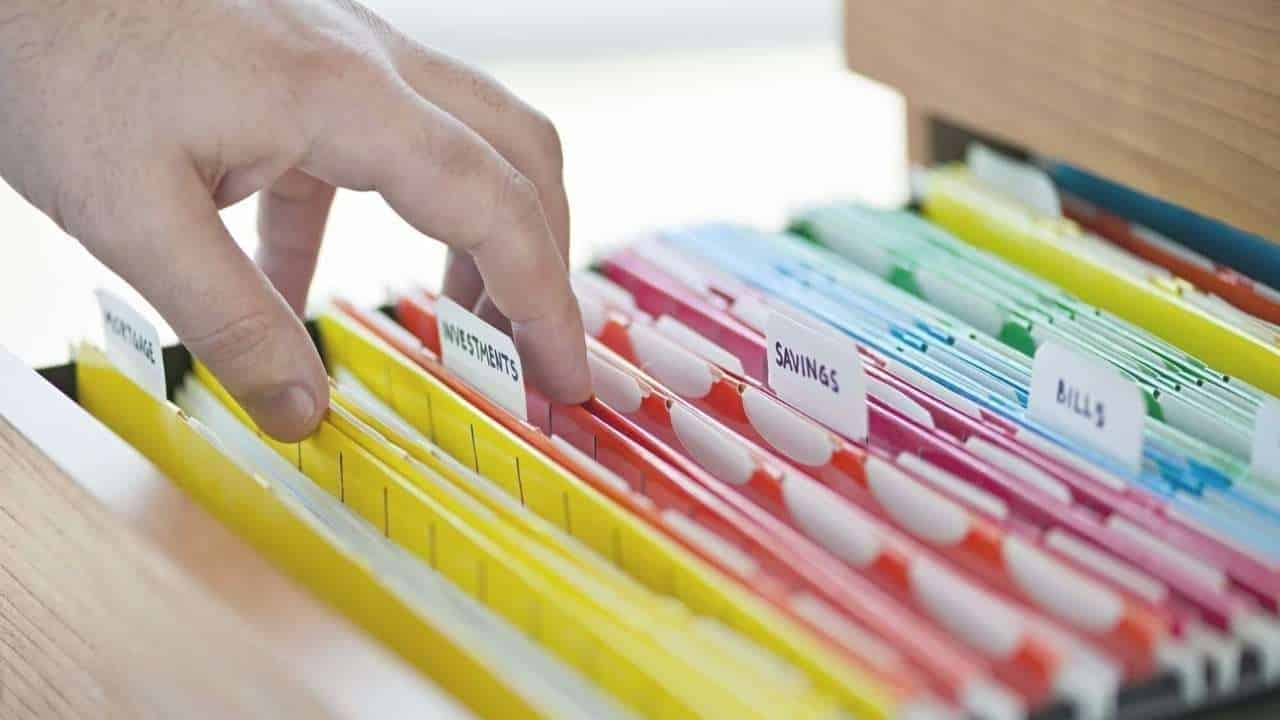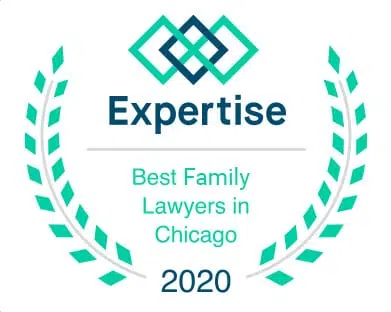The Divorce Discovery Process, in General
Discovery in divorce is the legal process in which parties can “discover” information regarding the financial information of the other party. Because an overwhelming amount of people going through the divorce process have little understanding of what marital assets they have, what marital debts they have, what their spouse’s income is and other financial information, discovery is very important and relevant to the divorce process. In parentage cases, it is expected that the vast majority of the parties involved with each other romantically do not know their ex-significant other’s financial situation.
So, what does one do who has no idea what the financial status is of the person they are suing? In matters such as divorce, or support related matters, financials are relevant, and the information needs to be transparent regarding the parties’ respective financials. In situations where the parties have an agreement as to support, they may not need to do a whole lot of discovery. However, in other situations, such as when a case will be set for trial, discovery is critically important, and, many Judges will not set a trial date until discovery is substantially done and complied with.
What Types of Discovery are Used in Divorce Cases?
There are quite a few different ways to issue discovery. There are several types of written discovery as well as oral discovery, also called a Deposition. This blog is intended to outline the most popular types of discovery one may encounter in an Illinois divorce or family law matter.
Exchanging Financial Disclosure Statements
Any case in Illinois which requires the financial information of both parties typically begins with the exchange of Financial Disclosure Statements. This discovery document is a sworn affidavit which outlines a partie’s expenses, income, debts, and assets. The document must be filled out truthfully and completely, or the party completing the document could be subject to punishment or sanctions by the court. It is also encouraged that substantiating financial documents are attached to the Financial Disclosure Statement, such as pay stubs, bank statements, tax returns and W-2s/1099s.
In Illinois, each county has its own rules regarding when the disclosure statements must be exchanged, and what substantiating documents must be included with it, if any. Sometimes the disclosure statements are enough and are acceptable to two parties to move towards resolution of a matter. In those scenarios, parties don’t necessarily have to complete further discovery, but they move forward at their own risk. However, if the matter is set for trial, typically additional discovery will be required.
Written Discovery: Notice to Produce Documents
There are two standard types of “written discovery” issued in family law cases. One document is called a Notice to Produce Documents. This is a written request served upon a party or their counsel requiring them to respond within 28 days. In an illinois divorce, the Notice to Produce Documents asks for years of:
- bank statements,
- pay stubs,
- tax returns,
- corporate tax returns,
- attachments and schedules to tax returns,
- credit card statements,
- leases and/or mortgage statements,
- life insurance documentation,
- retirement account statements,
- proof of attorney’s fees paid in a matter, and
- other different financial documents.
Written Discovery: Interrogatories
The scope of document production requests can be extremely wide in terms of what is requested, and can seek documents that go back many years (typically 3-5, but sometimes shorter, or sometimes longer). The party who is served discovery must also respond to the actual notice, indicating what documents they are enclosing, what does not apply to them, what documents may not be in their possession or control, and the like. This helps the attorneys and parties to the case know what documents actually exist and can be subpoenaed or what they can compel the party to produce.
Interrogatories are a series of questions that the party who is served must answer, typically about their finances and if in a divorce case, about marital versus non marital property. In a parentage case, they may be asked specific questions relative to parenting time and allocation of parental responsibilities. These also have to be responded to in 28 days.
Depositions
Depositions are a question and answer session attended by the parties, their attorney’s and a court reporter. In most family law cases, depositions last up to three (3) hours but can be extended for good cause. The scope of what can be asked in a deposition is large. Not every question asked in a deposition will be relevant at a trial. The deposition questions can be anything that may lead to relevant information or documents in a case. It is a time to ask the party questions, and typically there are a lot of questions about a party’s financial documents. This is the time to ask those questions. Thus, typically, but not always, depositions are done after formal written discovery is complete.
Requests to Admit Facts or Genuineness of Documents
“Requests to Admit Facts” and “Requests for Genuineness of Documents” are specialized discovery instruments are not often used in family court, but appear from time to time. They are described as follows:
- Requests to Admit Facts are a series of questions can be sent to a party that he or she must either “admit” the statements of fact are true or deny as true. The Request to Admit Facts must be answered within 28 days of service, or all statements of fact in the Request are otherwise deemed admitted.
- A Request of Genuineness of Documents is similar to a request to admit facts, except documents are enclosed when served. If the documents are ignored, they are automatically deemed to be genuine. If some documents are not genuine or believed to be inaccurate, the party who was served with the Request must respond as such within 28 days.
Subpoenas
Subpoenas are a formal request for documents or other forms of discovery from a specific person or entity.
For example, let’s say someone has a bank account at Chase bank and they produce six months of statements, but the request for production of documents asked for five (5) years of statements. A subpoena can be issued to Chase Bank requesting the additional statements. Subpoenas can be sent to employers, banks, credit card companies, retirement account administrators and more. Subpoenas can request production of documents, or, production of a specific person so that the attorney can take their deposition (i.e. the parties’ accountant, etc.) Subpoenas are typically used after discovery is issued and not complied with, unless there is a specific reason the parties wish to send one out prior.
Discovery is a very important part of the divorce process and should not be taken lightly. Contact our office today to schedule a confidential consultation about your family law matter or questions about discovery in divorce.




















